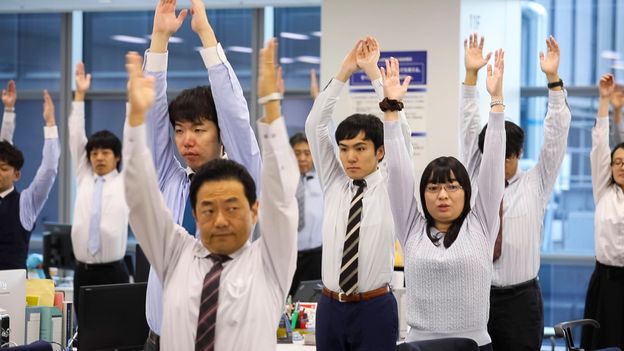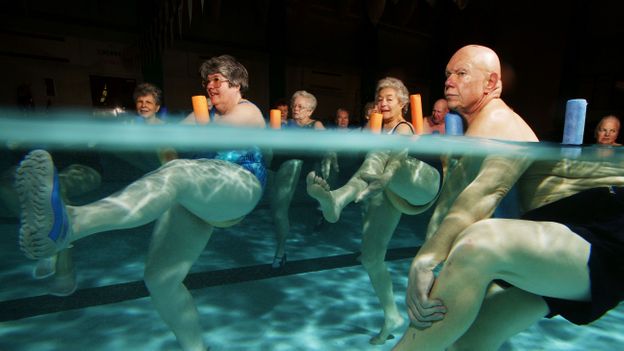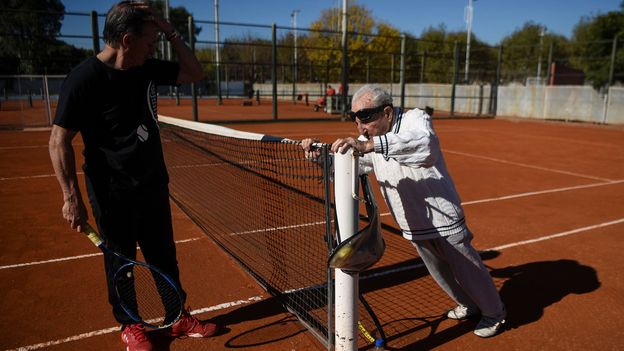Despite these advances, scientists are only getting to grips with their potential implications, though it is certainly possible that future interventions might try to reduce participants’ subjective age and improve their health as a result. In one of the few existing studies, elderly participants in a fitness regime enjoyed greater strength gains if the experimenters praised their performance relative to other people of their age.
And given its predictive power – beyond our actual chronological age – Stephan believes that doctors should be asking all their patients about their subjective age to identify the people who are most at risk of future health problems to plan their existing health care more effectively.
In the meantime, these findings can give us all a more nuanced view of the way our own brains and bodies weather the passing of time. However old you really are, it’s worth questioning whether any of those limitations are coming from within.
—
David Robson is a science writer based in London, UK. He is d_a_robson on Twitter.
Join 900,000+ Future fans by liking us on Facebook, or follow us on Twitter or Instagram.
If you liked this story, sign up for the weekly bbc.com features newsletter, called “If You Only Read 6 Things This Week”. A handpicked selection of stories from BBC Future, Culture, Capital, and Travel, delivered to your inbox every Friday.












